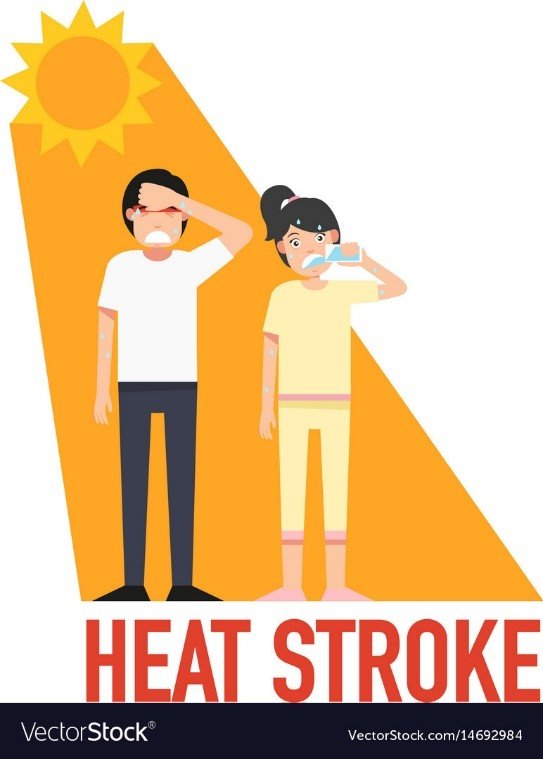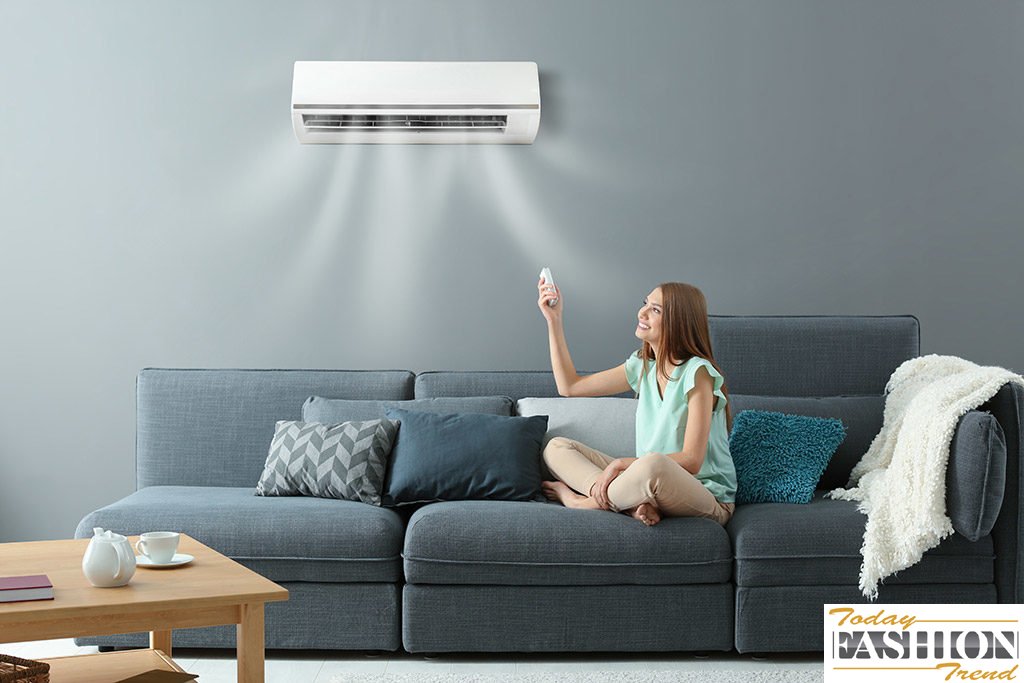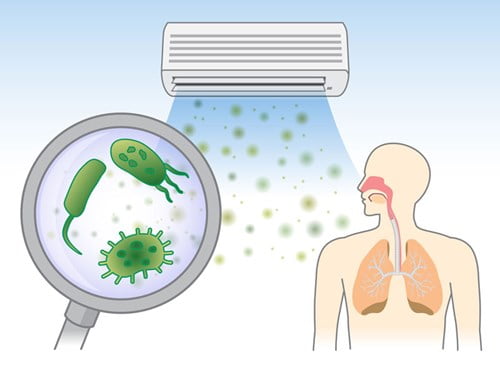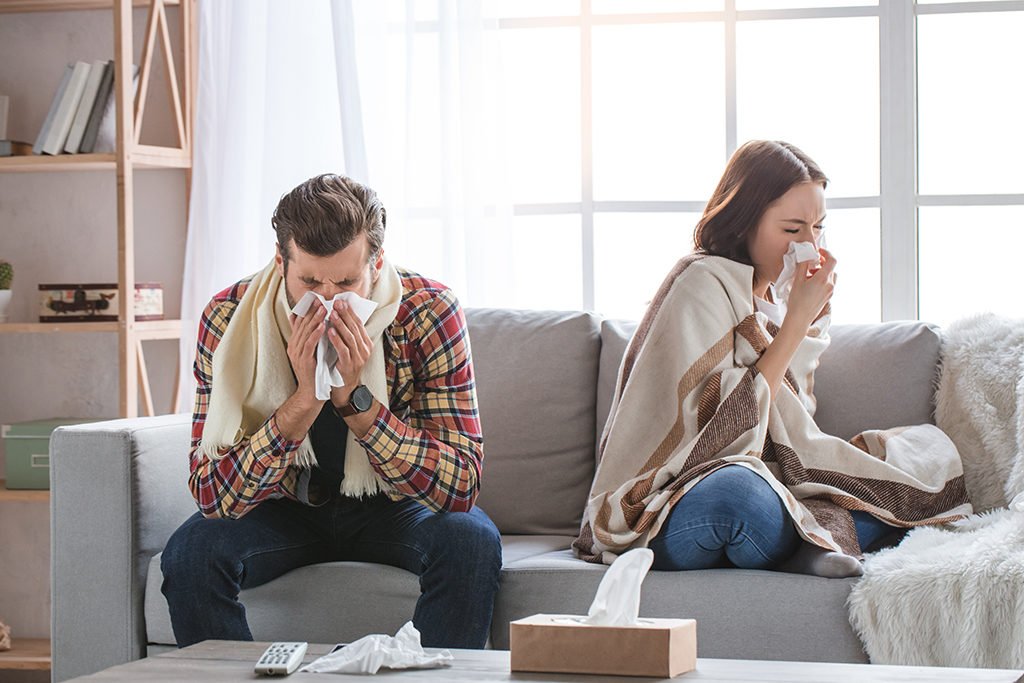Air conditioners function by making the surrounding air cooler by circulating it through a from mechanism which is quite similar to what happens in a refrigerator. They are distinct from fans because fans do not actually cool air, but only make it feel cooler by moving it around.
Air conditioners can truly be a lifesaver in helping to battle hot and perspired climatic conditions and these devices can give huge relief from the heat while enduring heat and humidity.
In earlier days air conditioning was expensive stuff and was limited only to the privileged ones; but in this era, though, it’s a norm in offices and even in public transport systems, it has quite become a part of daily lives. Maximum people use air conditioners to stay comfortable in their homes or offices or even cars during a hot and humid climate.
Air conditioners are also used in commercial settings for the comfort, for decreasing heat stress on machines, and also reducing food spoilage in grocery stores etc. But air conditioners despite their relief from the scorching heat, these may not be the best option for your health when it comes to cooling off.
But whether you’re an avid user of your air conditioner, or just turn it on from time to time, it’s always good to know about what your air conditioner does to your health.
Advantage:
Limit Dehydration:
Dehydration is a two-sided sword when it coes to Air conditioners- as excessive heat can cause dehydration because high temperature causes profuse sweating and makes your body lose water. But air conditioners reduce sweating and can minimize the risk of water loss and dehydration. ONthe other hand, as explained further ahead in the article, it also educes our thirst percenption and hence increases dehydration.

Prevent Heat strokes
An excessive amount of heat can make it difficult for the body to regulate its normal temperature and can cause damage to the brain and other organs of the body. Since air conditioners reduce the temperature of the air, they are helpful in preventing heat strokes to some extent too.

Improves the Quality of Air
Air conditioners can improve indoor air quality and create a much healthier, atmosphere by filtering out pollens, dust particles present in the environment. And also by reducing humidity, it can check the growth of mildew and mould.

Improved the comfort levels
It improves comfort levels at work and at leisure and thereby increase job performance. Plus it can result in increased physical and intellectual activity

Helps to Reduce Asthma and Allergies
Air conditioners help to filter as well as disinfect our breathing air and thereby reduce the risk of asthma attacks and allergies by removing pollen and dust etc.

Disadvantages:
Financial burden
Air conditioners use a lot of electricity which creates financial disadvantages for the people.
Disease outbreak
Severe low temperatures along with faulty maintenance have led to health problems and occasional outbreaks of illnesses such as Legionnaires’ disease

Skin Dryness
If you are spending an increased amount of time in an air-conditioned room, it can make your skin lose its own moisture which is very important to restore. It might also cause irritation and dryness of the mucous membrane.

Dehydration
Dehydration is common in people since air conditioning draws too much humidity from the room and you often neglect your water intake, thereby getting dehydrated.

Lethargy
Unexplained laziness, lethargy was found to be associated with people who have air conditioners in their houses or offices according to the research.

Headaches
If the AC is not maintained properly, you are more prone to have headaches and migraines when the indoor air quality levels decrease.

Increase of Respiratory Symptoms
Study claims that around 28 per cent of people in air-conditioned buildings experienced rhinitis compared to just 5 per cent in naturally ventilated buildings. Around 35 per cent of people in air-conditioned rooms had even nasal blockage against just 9 per cent in naturally ventilated buildings. This is another alarming reason why you must be cautious about using too much air-conditioning?

Infectious Diseases
Air conditioners cause drying out your nasal passages and they can even cause irritation in your mucus membranes.
Lack of adequate protective mucus leads to virus attacks. Do you know microbes like the bacteria that causes Legionnaires’ disease, for instance, thrive in artificial water supply systems like in air-conditioning units?

Inability to deal with the heat
AC messes up with our natural body temperature hence people who spent a lot of time in an air-conditioned environment become increasingly more intolerant of hot summers. The stress on your body from moving from a low-temperature environment to the smouldering outdoor air is the main cause of this intolerance. This causes heat-related deaths which now averages at 400 deaths each summer.
Breathing Issues
A.c ‘s in-car are the worst offenders for circulating germs and micro-organisms that cause breathing problems. Research at Louisiana State Medical Center found around 8 types of mould living inside 22 out of 25 cars tested. Which lead to Legionnaire’s Disease, a potentially fatal infectious disease that produces high fever and pneumonia.

Some points to be noted
- You may not be able to live without air-conditioning but you must remember to use it properly. There should be proper maintenance and sanitary procedures to keep.
- It is suggested that you should ventilate the room in every 3hours for avoiding headaches and a dry itchy nose.
- Your body needs fresh air that only good ventilation can supply.
- Always check the manufacturer’s instructions for cleaning/changing the unit’s air filters.
- You must open windows and allow fresh air to circulate in order to flush out remaining pollutants.
- Try to replace a new AC unit for every 8 to 10 years.
- Try to stick to the fan-only option on your AC unit.
- Have a proper technician to perform annual maintenance checks
- please remember to change your cabin air filters every 12,000 to 15,000 miles in the car







